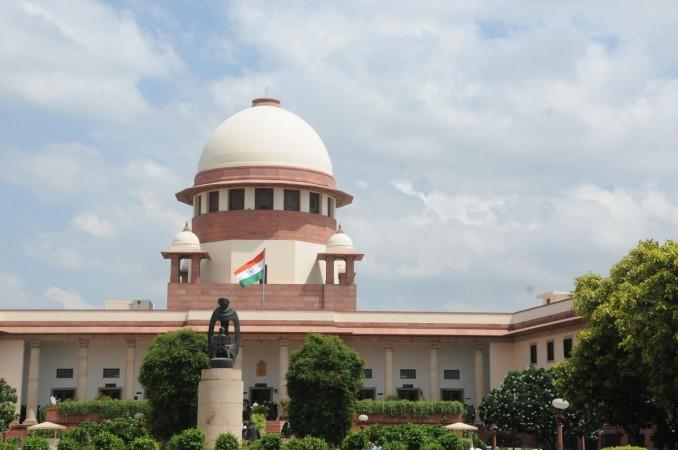The Supreme Court today agreed to hear on Wednesday a petition filed by the victims of Delhi violence seeking FIRs against BJP leaders for delivering hate speeches which eventually led to the escalation of tension in the northeastern part of the national capital.
The petitioners, belonging to the riot-hit part of Delhi, have demanded an immediate FIR against the likes of Kapil Mishra, Anurag Thakur, Parvesh Verma, among others.

The PIL also demands that an SIT should be formed, with officers from outside of Delhi, to launch an unbiased investigation into the clashes over the Citizenship (Amendment) Act (CAA) . It also wants an inquiry committee headed by a retired judge to probe the police's role in the riots.
Filed by a group of northeast Delhi residents led by rights activist Harsh Mander, the plea also states that the Army should be deployed in all the affected areas to maintain law and order.
Advocate Colin Gonsalves, while raising the matter in front of CJI SA Bobde, said that the Delhi High Court has been delaying the hearing even though the death toll has gone up to 46.
As CJI Bobde agreed to take up the matter on Wednesday, he observed that the apex court has certain limitations as well. "We will hear the matter but it must be understood that the court comes on to the scene after something is done. The court cannot stop anything from happening. We wish for peace but we know there are limitations on our power," he said.
"We are not saying people should die but this kind of pressure the court can't handle. It raises expectations that this court can stop rioting. We can only step in once something has happened," he further asserted.
The plea also sought exemplary compensation for all those injured in the riots.
Delhi HC deferred the hearing of plea until April
Mander moved SC after the Delhi High Court said that it would hear the petition on April 13. The bench, which comprised Chief Justice D.N. Patel and Justice C. Hari Shankar, seconded Solicitor General Tushar Mehta's logic that the time was not conducive for the registrations of FIRs.
The court also gave the Centre four weeks' time to file a counter-affidavit in response to the petition.

















